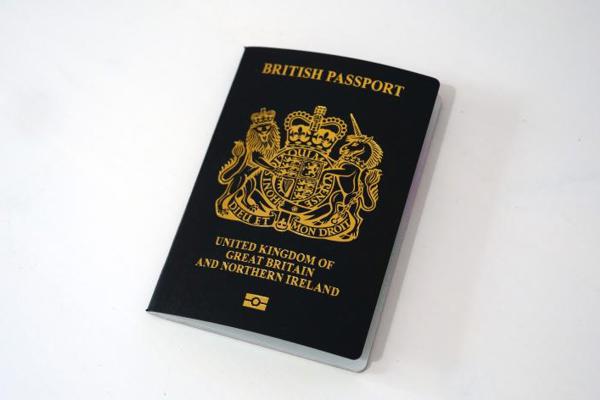
What is net migration?
The net migration figure is published quarterly and measures the number of people who come to the UK minus the number of people who left the UK during a 12-month period. This headline figure doesn't distinguish between different visa categories. It also does not include people coming to the UK for short term visits, or people arriving to claim asylum without a visa.
Some people will remember that the UK Government previously committed to reducing net migration to "tens of thousands" but the new target is simply a reduction in the level of net migration, and this was reiterated by the Prime Minister last week when he said the level of lawful migration was too high.
Why is net migration so high?
While the headline figure shows an increase in the number of people coming to the UK, it is important to place that in context. During that period covered by the statistics, we saw a large number of people coming to the UK under:
- The Ukrainian visa schemes, set up after the Russian invasion of the Ukraine. These were launched in March 2022 and a high number of applications were processed in Summer 2022.
- The British National Overseas Scheme, set up for people from Hong Kong.
- Work visa routes, as UK employers have had to look abroad to fill skill shortages in a competitive market for talent. During the period reported there was a total of 487,771 work visas issued (an increase of 211,285).
Given that the UK Government want to reduce the level of net migration, it is hardly a surprise that we have already heard suggestions of plans to tighten immigration routes in order to reduce the overall number. We have already heard there are plans to prevent some students from bringing family members with them to the UK. In the last 12 months over 130,000 people entered via this route, so this will reduce the net migration figures but could make the UK a less attractive destination for international students.
We may also see proposals to reduce the number of occupations which qualify for a Skilled Worker visa or increase the cost of using this route to try to get employers to focus on training UK talent. However, as the job market continues to be competitive this may be difficult, and employers already face high visa costs. Also, recent figures suggest that a large number of skilled workers are based in the healthcare and social care sectors and any changes could result in more staff shortages.
Whatever proposals come forward they are likely to involve a complicated balancing act. The UK continues to be an attractive destination for migrants, and businesses continue to experience skill shortages, so any reduction in visa numbers could affect economic growth. Any suggestion of making the work visa routes more difficult is likely to worry employers, however my advice to them would be to continue to operate as normal. If a business is likely to need to recruit from overseas in the future, it is worthwhile starting the sponsor licence application process now so they are prepared; but there is no need to accelerate.
In my opinion, the UK Government would be well served to be patient and avoid knee jerk reactions to the numbers. The Ukrainian scheme has slowed down after an understandable initial rush for visas, likewise the BN(O) route has reduced in numbers. We are likely to see a fall in the net migration number next year as a result of this, and this fall is likely to exceed any reductions which could be made from a push to limit other immigration categories.
Thoughts and opinion from Stuart McWilliams Partner and accredited specialist in Immigration law at Morton Fraser Lawyers. Find out more about current routes to the UK and how our specialist Immigration law team can help.


